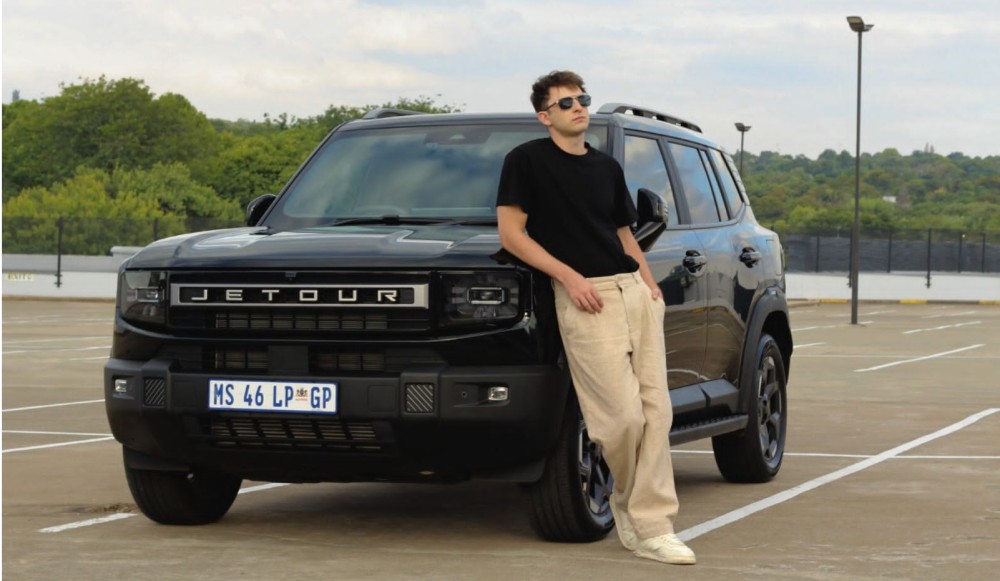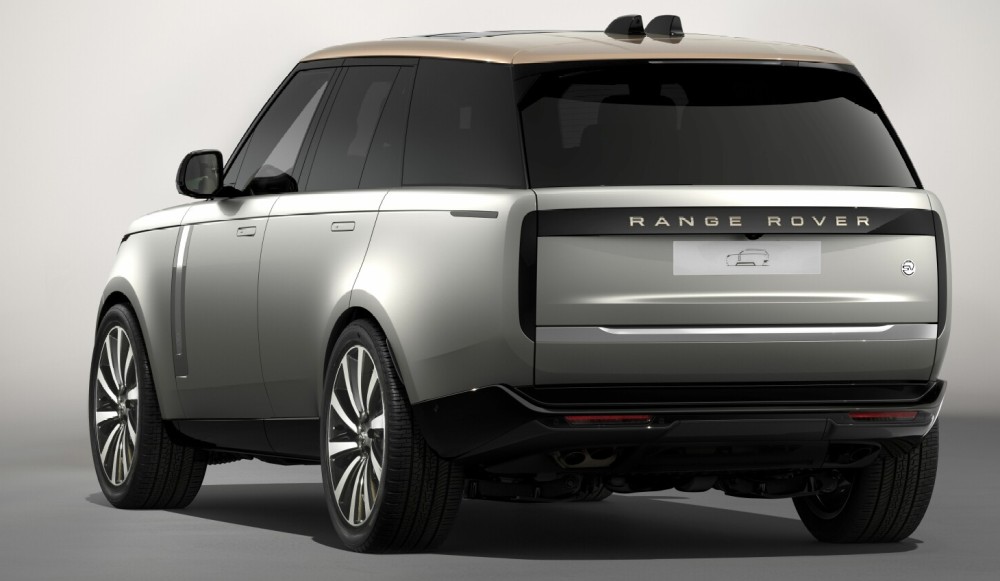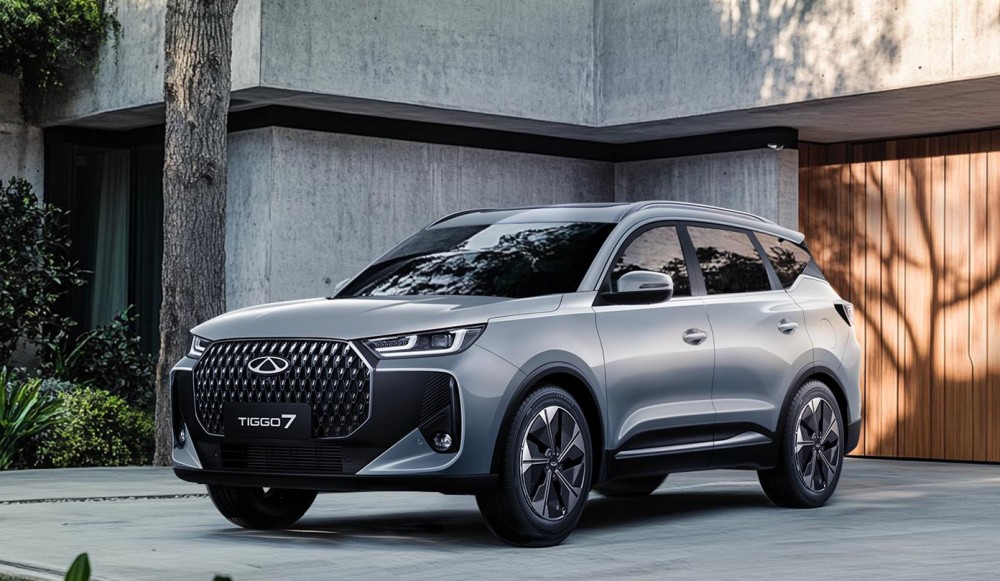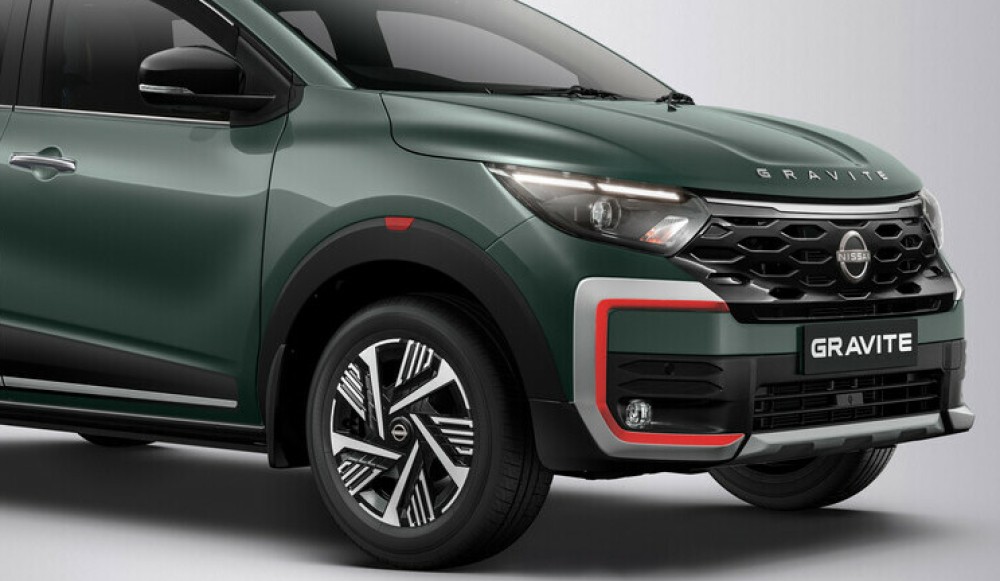Shenzhen-based BYD has unveiled its DiPilot Advanced Intelligent Driving Assistance System (DiPilot System), marking a significant leap in the evolution of intelligent vehicle technology. As a leading manufacturer of new energy vehicles (NEVs), BYD’s latest innovation aims to make high-level intelligent driving assistance more accessible, accelerating the industry's shift towards fully automated mobility.
The DiPilot System is available in three versions: DiPilot 600, DiPilot 300, and DiPilot 100, each designed to cater to different vehicle categories. The flagship DiPilot 600, equipped with a triple-LiDAR setup, is tailored for the premium YANGWANG models, while the DiPilot 300, featuring a single LiDAR unit, is designated for DENZA and selected BYD vehicles. The DiPilot 100, which incorporates a tri-camera setup, is designed for widespread integration across BYD models.
Of particular note is the DiPilot 100, which boasts front-facing tri-camera 5R12V sensing hardware and an advanced end-to-end control algorithm. These enhancements represent substantial progress in system architecture, sensor capabilities and data processing. The system is engineered to improve real-world driving scenarios, offering key features that prioritise user convenience and safety.

Going electric - check out these pre-owned BYD models right here.
For motorway and urban expressway travel, the High-speed Navigation On Autopilot (HNOA) function enables vehicles to autonomously enter and exit ramps, maintain lanes, cruise efficiently, change lanes and navigate obstacles. Meanwhile, the Automated Valet Parking (AVP) function simplifies parking by allowing vehicles to autonomously find and park in designated spots based on user habits and surroundings.
For high-frequency commuting routes, the Memory Navigation On Autopilot (MNOA) system enhances travel efficiency with intelligent traffic light stop-and-go functionality, seamless passage through complex intersections, automatic overtaking, adaptive lane changes and full-scene obstacle avoidance. BYD’s focus on real-world driving scenarios ensures every driver benefits from a safer, more comfortable, and highly convenient driving experience.
Safety remains the cornerstone of BYD’s intelligent driving technology. The DiPilot 100 system can complete 1 000 kilometres of autonomous driving on motorways without requiring manual intervention. Furthermore, its Automatic Emergency Braking (AEB) feature is capable of safely stopping a vehicle at speeds of up to 100 km/h, with future enhancements expected to push this limit to 120 km/h and 140 km/h. The AVP system, boasting a 99% success rate, ensures rapid and precise decision-making in emergency scenarios, minimising accident risks.
With a dedicated team of 5 000 engineers and a vehicle-cloud database encompassing more than 4,4-million vehicles equipped with Level 2 Advanced Driver Assistance Systems (ADAS), BYD is well-positioned to lead the next phase of intelligent driving development.
Through its DiPilot intelligence strategy, the company aims to redefine the automotive landscape, making intelligent driving an everyday reality while driving the global transition towards cleaner, smarter, and more efficient mobility solutions.
Colin Windell for Colin-on-Cars in association with
proudly ALL THINGS MOTORING








